Mr. Dien said that the draft Law inherits and mainly amends 62 articles on general regulations, granting of electricity operation licenses, electricity market, electricity purchase and sale, electricity prices, rights and obligations of electricity units and electricity customers, protection of electricity works and electrical safety.
Of which, 4 articles (propaganda, dissemination of legal education ; application dossier for granting, amending, and supplementing electricity operation licenses; rights and obligations of specialized electricity consulting units; electricity inspection) are removed, and 4 articles are merged into other articles (mainly on the content of development policies on investment, electricity saving, and electricity prices).
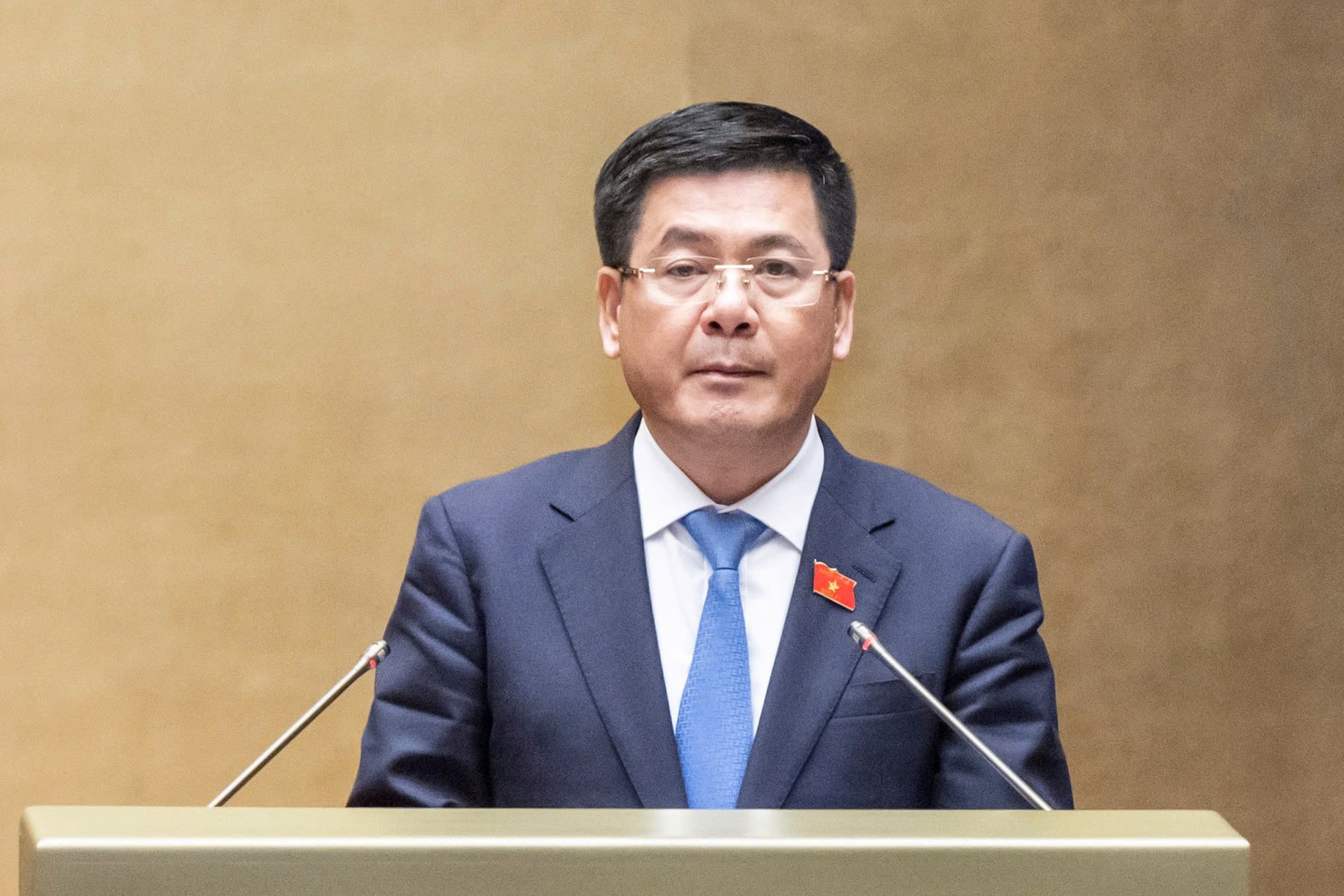
At the same time, 68 articles are added, including contents on power development planning, bidding policies for investors in power source projects, policies on handling emergency power sources, policies on development and operation of gas-fired thermal power plant projects, power source projects invested under the public-private partnership method applying the type of build-operate-transfer contract, policies on renewable energy (solar power, especially regulations on offshore wind power development), new energy with appropriate scientific and technological advances (such as hydrogen), direct electricity trading mechanism, full implementation of all levels of the competitive electricity market, moving towards eliminating cross-subsidy of electricity prices between economic sectors, types of electricity prices, electricity trading prices based on time of day, and multi-component electricity prices.
According to Mr. Dien, this draft Law does not contain any content contrary to the Constitution, the proposed contents are public and transparent, there are no policies contrary to the Party's guidelines and regulations, the State's laws, and there are no group or local interests.
Regarding the issue of decentralization, delegation of power and simplification of administrative procedures, according to the Minister of Industry and Trade, the draft Law is built in the direction of clearly defining the responsibilities of state management agencies (central and local) in policy making and management of the electricity sector to improve the effectiveness of state management. Regarding administrative procedures, 19 administrative procedures have been abolished. 1 administrative procedure has been amended and supplemented; 29 new administrative procedures have been added; 4 administrative procedures have been kept unchanged.
Mr. Dien said: “Faced with the requirement to fully materialize the Party's policies and guidelines and the requirements of practice to thoroughly overcome difficulties, obstacles and shortcomings in the practical implementation of the 2004 Electricity Law to build a competitive, transparent and effective electricity market, ensure electricity supply security, national security, meet the electricity demand for socio-economic development, and serve the people, it is urgent to soon complete and promulgate the Electricity Law (amended) as soon as possible for implementation in practice. Therefore, the Government submits to the National Assembly for consideration and approval of this Law project according to the 1-session process. Give opinions and approve at the 8th session of the 15th National Assembly”.
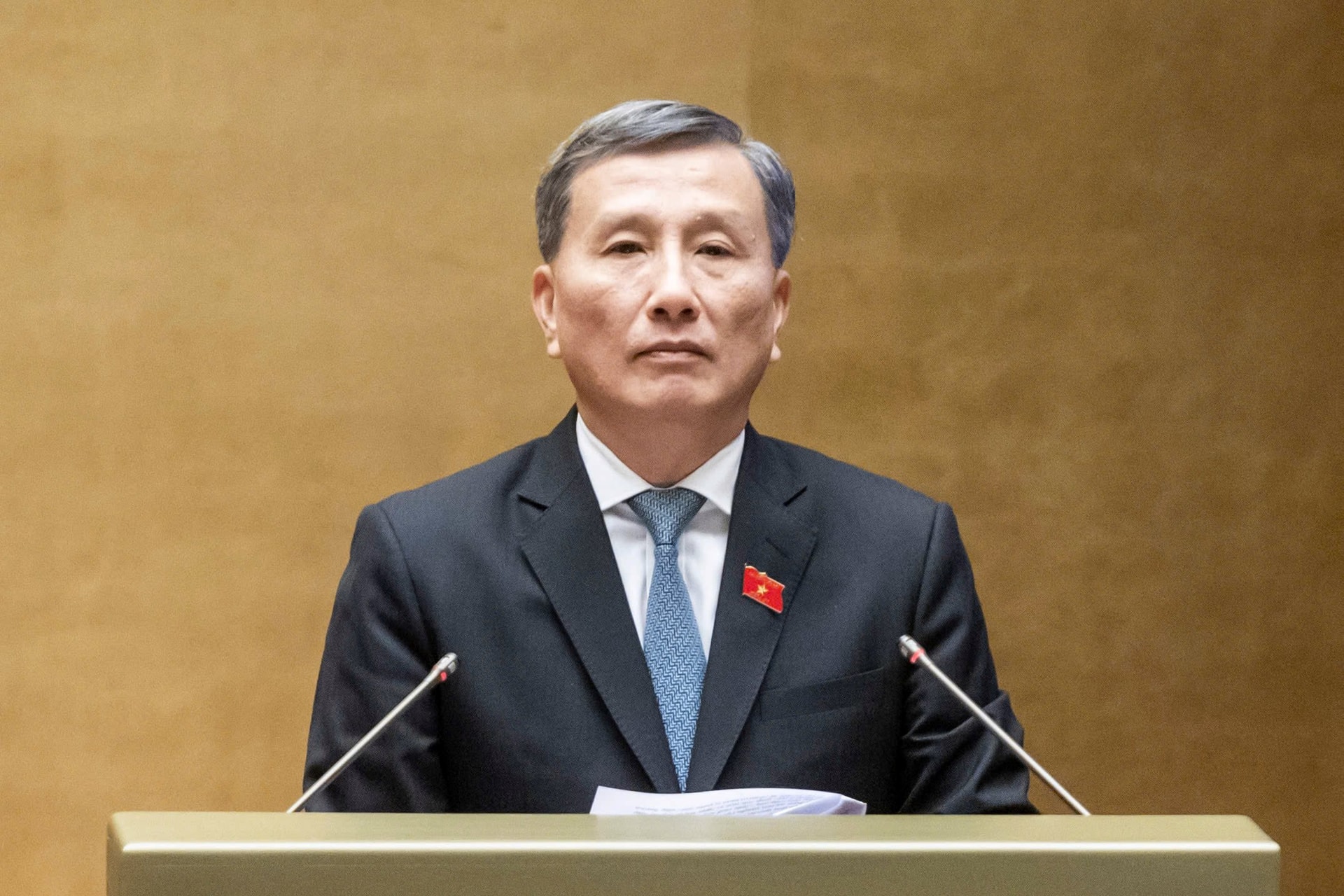
Reviewing the draft Law, Mr. Le Quang Huy, Chairman of the National Assembly's Committee on Science, Technology and Environment, said that the majority of members of the National Assembly's Committee on Science, Technology and Environment and a number of National Assembly Committees found that if the revised Electricity Law was submitted to the National Assembly for comments and passed in the 8th Session as proposed by the Government, it would be a very challenging goal. Because there is not enough time needed to complete, ensure quality requirements, and meet the goal of building the Law. The overall and comprehensive scope of the amendment includes 6 policy groups, expressed in 130 articles, with complex content, deep expertise, and wide-ranging impact, greatly affecting socio-economic development. Therefore, it is proposed to pass the Law in 2 sessions. Accordingly, it will be submitted to the National Assembly for comments at the 8th Session (October 2024) and passed at the 9th Session (May 2025).
In case the scope of amendment only focuses on urgent, mature and clear issues; only legalizes contents under the authority of the National Assembly; at the same time, the draft Law is well prepared, explained, and fully absorbs the opinions of National Assembly deputies and relevant agencies; the discussion process at the National Assembly reaches high consensus, the Committee recommends that the National Assembly consider and give opinions to pass the draft Law at the 8th Session according to the procedure at a session.
Regarding regulations on offshore wind power development, Mr. Huy suggested carefully assessing the impact and adding clear regulations on responsibilities in offshore wind power development, especially the conditions for project transfer to ensure legal consistency, because this is a new field, related to national defense, security and sovereignty. At the same time, there should be transparent regulations on nearshore and onshore wind power. There are opinions suggesting to only legalize mechanisms and policies for offshore wind power after practical testing and ensuring feasibility; clearly defining the authority to approve projects according to the Investment Law and the responsibilities of relevant localities, ministries and branches.
Regarding electricity trading activities in the direction of promoting a transparent, fair, effective competitive electricity market and electricity prices according to market mechanisms, the National Assembly's Committee on Science, Technology and Environment also found that the provisions in Clause 2, Article 61 on the competitive electricity market are unclear, and recommended a review to ensure specificity and consistency; there are no regulations on "term electricity market" and "spot electricity contracts", which need to be reviewed to ensure consistency with the Law on Commerce.
“It is recommended to study and supplement information in electricity purchase and sale contracts for daily life and clarify the content of electricity purchase and sale activities; supplement regulations on principles of price determination and responsibilities of parties in electricity service contracts; supplement criteria for determining retail electricity prices to ensure fairness and transparency in the competitive electricity market,” Mr. Huy stated.
Source: https://daidoanket.vn/chinh-phu-xin-quoc-hoi-thong-qua-du-an-luat-dien-luc-sua-doi-trong-1-ky-hop-10292753.html


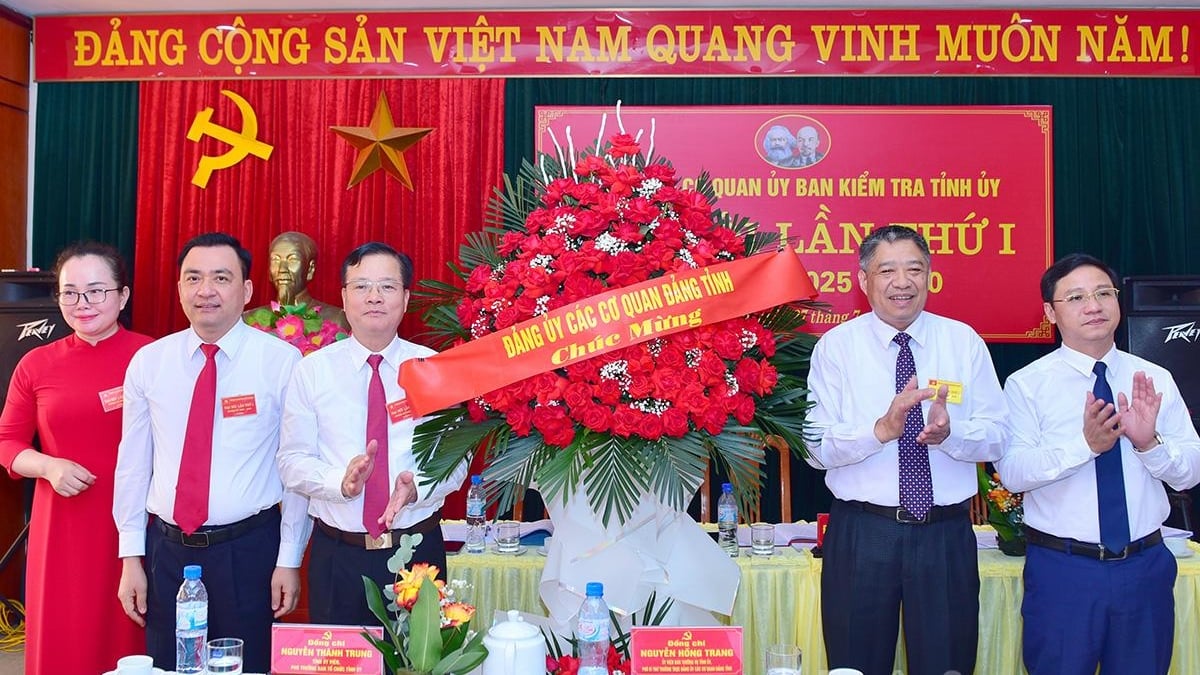


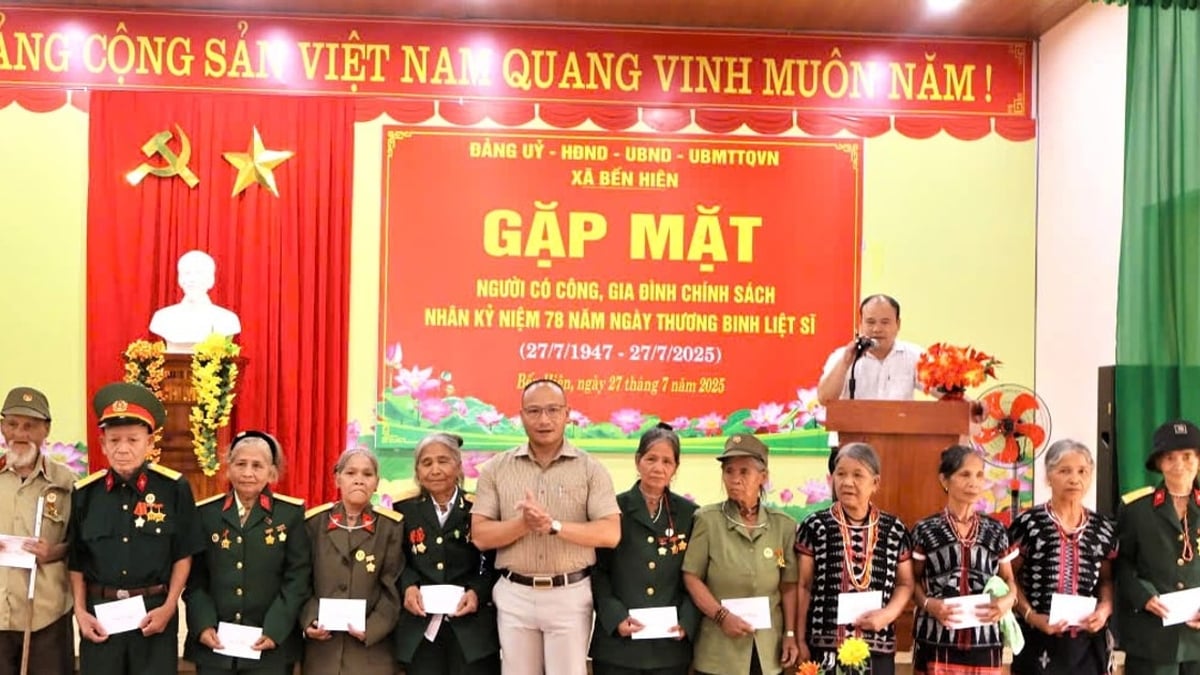




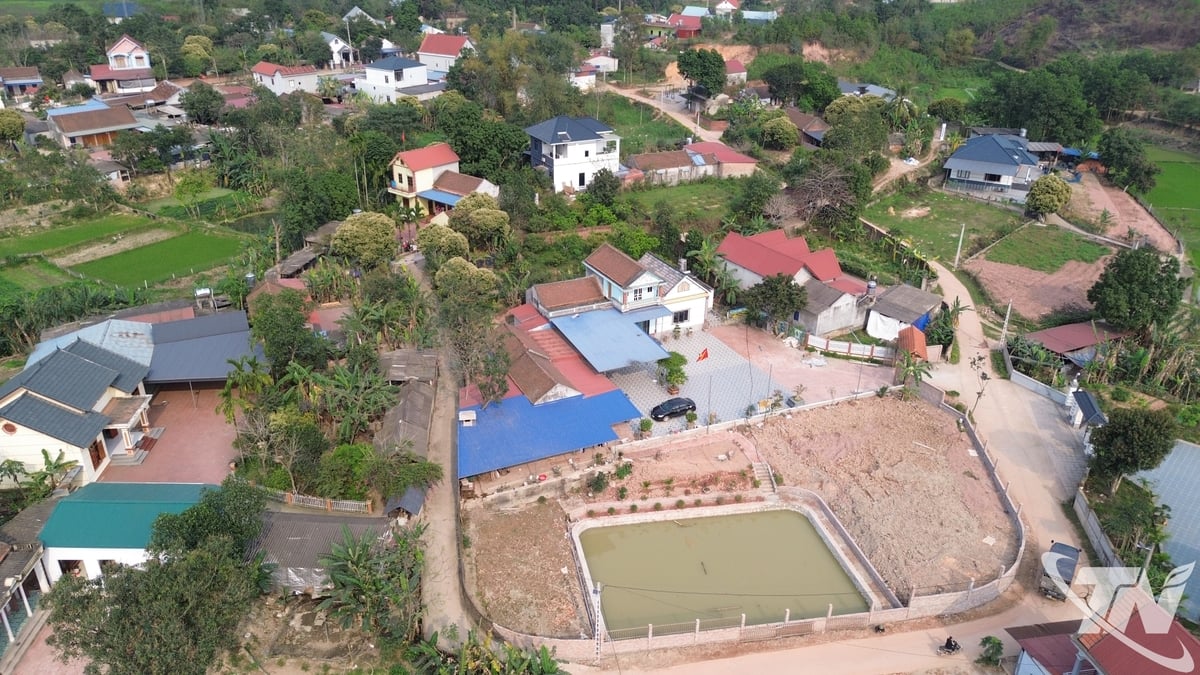
























































































Comment (0)